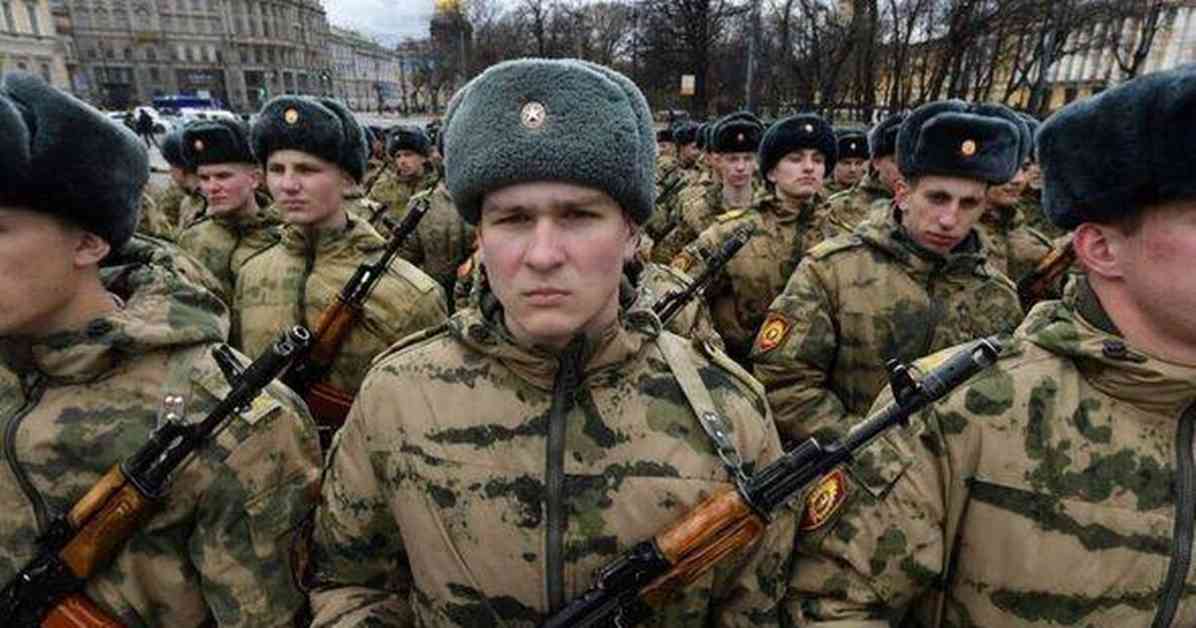A Russian soldier, Maxim Fedorchenko, recently shocked the nation by killing 11 of his comrades with a grenade and an AK-47 rifle in a deadly rampage near Polohy in the Zaporizhzhia region. This incident is just one of the many blows to Vladimir Putin’s war effort in Ukraine. The Kremlin has been recruiting dangerous convicts, including serial killers and murderers, to bolster its frontline troops in the ongoing conflict. These convicts, part of penal battalions known as Storm Z, are promised amnesty for their crimes in exchange for their service. However, many have taken advantage of this opportunity to escape, turning their weapons on their fellow soldiers in the process.
Fedorchenko, who had been serving a sentence at a penal colony in Russia’s far east, carried out the brutal assault before fleeing the scene with his weapons. The Russian military police have launched a search for him, providing a physical description and photo to aid in his capture. It is estimated that over 100,000 convicts have been sent to fight in Ukraine since the conflict began in February 2022. Last year, Russia saw a significant decrease in its prison population, with Vsevolod Vukolov, a deputy Justice Minister, announcing a drop from 420,000 to 266,000 inmates.
Among the criminals recruited to fight is Dmitry Malyshev, a notorious cannibal who was sentenced to 25 years for murder, arms trafficking, and cannibalism in 2014. In a disturbing video, Malyshev can be seen cooking and consuming the heart of a former acquaintance. This recruitment of dangerous convicts and criminals to serve in the military has raised concerns about the effectiveness and stability of Russia’s forces in Ukraine.
In addition to utilizing convicts, Russia has reportedly enlisted the help of Cuban and North Korean troops to support its war effort. The involvement of these foreign troops, along with the recruitment of criminals, highlights the desperate measures Putin’s regime is willing to take to strengthen its reserves and maintain its presence in Ukraine. As tensions escalate and casualties mount, the international community is closely watching the developments in the region, with fears of a potential World War III looming.
The shocking actions of Maxim Fedorchenko serve as a stark reminder of the risks and consequences associated with recruiting dangerous individuals to serve in the military. The tragic loss of life in this incident underscores the need for greater scrutiny and oversight in the selection and deployment of troops, especially in volatile and high-stakes conflicts like the one in Ukraine. As the search for Fedorchenko continues and the fallout from this brutal attack reverberates through the ranks, questions remain about the long-term implications for Russia’s military strategy and the impact on the ongoing conflict in Ukraine.





















